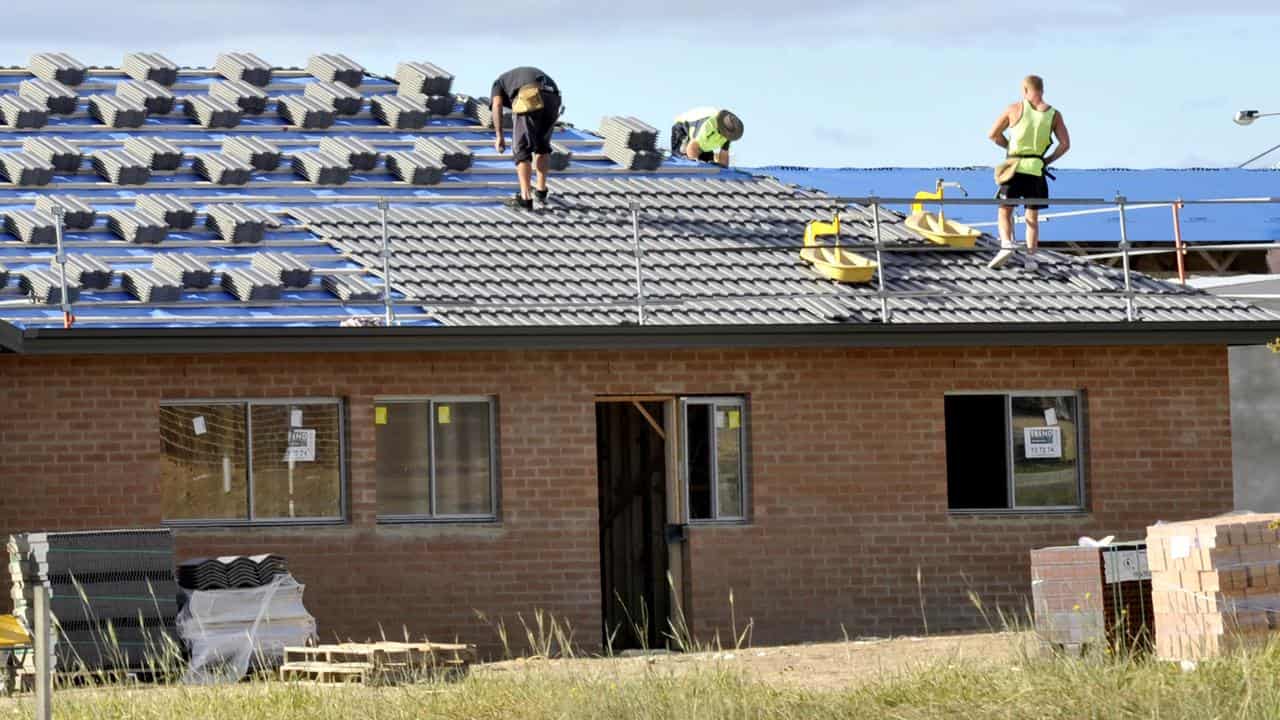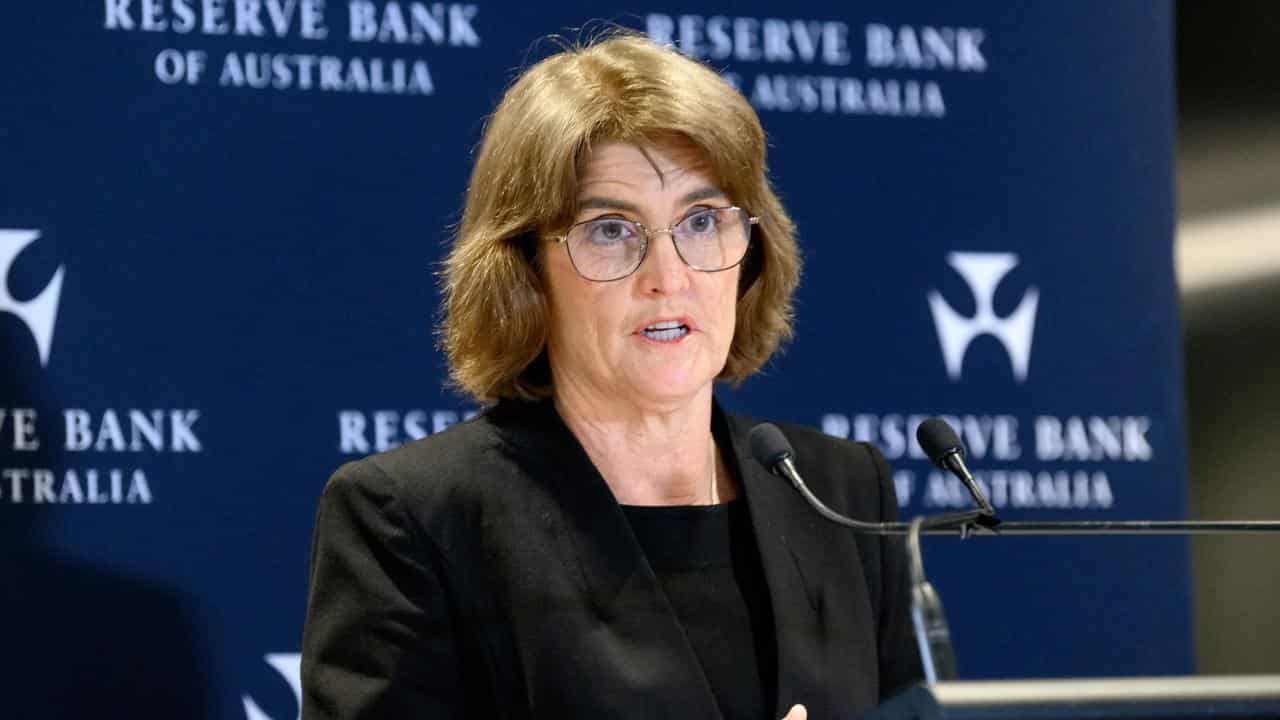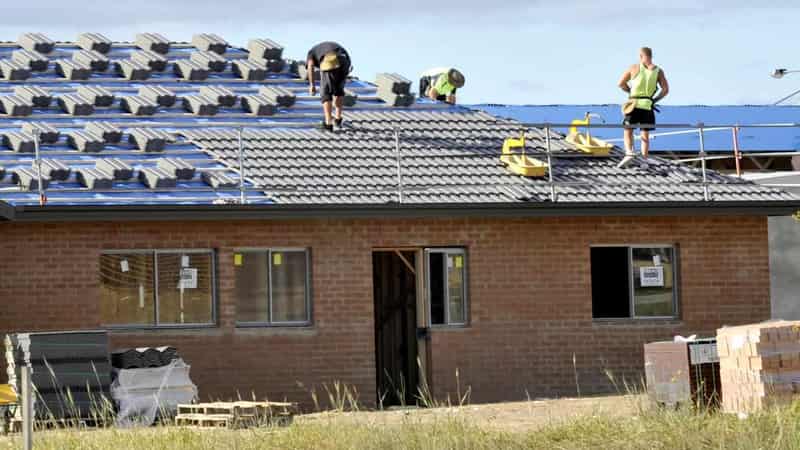
Mortgage-holders could be waiting until early 2025 for repayment relief if the economy follows the Reserve Bank of Australia's expected path.
For six meetings in a row, interest rates have been left at 4.35 per cent, a level the central bank says is high enough to slow the economy down and bring inflation back to its two-three per cent target.
That means consumers struggling with the high cost of living can expect months more of rates pain and a weaker jobs market as the central bank keeps the brakes on economic activity.
Stalling progress on inflation throughout the first half of the year has the RBA concerned price pressures cannot be tamed in a "reasonable time frame", as reiterated in Tuesday's minutes from the last meeting.
While interest rates were ultimately left on hold in August, the board discussed the hike option, the minutes show.
"This reflected the slow pace of disinflation over the preceding year, the staff’s judgment that the gap between aggregate demand and supply was larger than previously assessed and the upward revision to the forecast for final demand," the minutes read.
Ms Bullock and deputy governor Andrew Hauser have also publicly hosed down hopes of an impending rate cut.
"Based on the information available at the time of the meeting, it was unlikely that the cash rate target would be reduced in the short term," the minutes repeated.
The federal government is facing heat over its economic management and fends off opposition accusations it's making the RBA's job harder by spending too much, adding to inflation.
Treasurer Jim Chalmers said the federal government and the central bank were working in tandem.

"Government spending is not the primary determinant of prices in our economy, but we can help, and we are helping, and surpluses are part of that effort," he told parliament on Tuesday.
"Governor Bullock has made it really clear in the last week that the government and the Reserve Bank are aligned when it comes to the fight against inflation."
Commonwealth Bank economist Gareth Aird said interest rates would likely stay on hold until the first quarter of 2025, if the economy evolved as the RBA expected.
"But we continue to side with market pricing and think it more likely than not we will see an interest rate cut by the end of the year," the economist wrote in a note.
Inflation should moderate a little quicker than the central bank's forecasts, in CBA's view, and the labour market should loosen a bit faster.
"The risk to our call is that even if our near term forecasts for inflation and unemployment come to fruition, the board does not feel comfortable commencing an easing cycle until it has seen more economic data," Mr Aird said.
Economic teams at Australia's other three big banks expect cuts to start in 2025, with February pencilled in by Westpac and ANZ and May for National Australia Bank.









